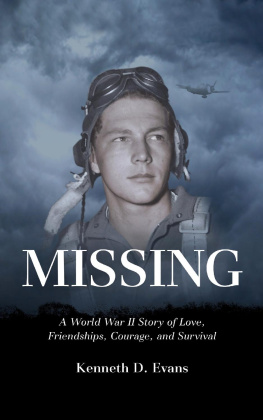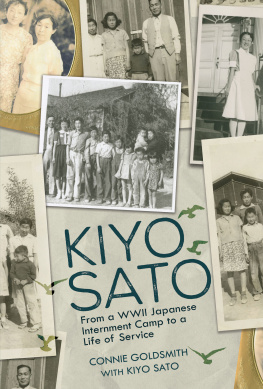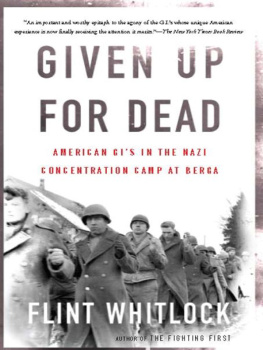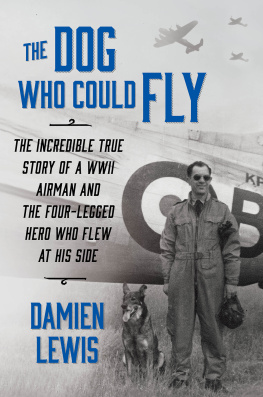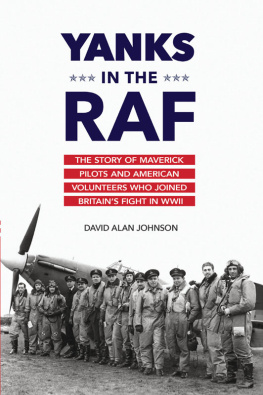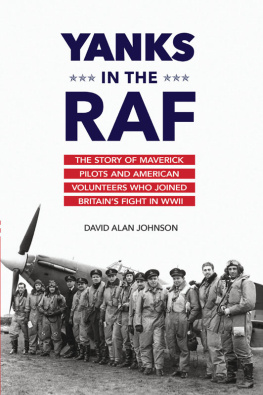
A World War II Story of Love,
Friendships, Courage, and Survival
Kenneth D. Evans
This is a work of nonfiction. No names have been changed, there are no fictitious characters, all events in the book actually took place. The author has taken every effort to verify the accuracy of the information contained herein, but assumes no responsibility for any errors or omissions.
Copyright 2018 by Kenneth D. Evans
All rights reserved. No part of this book may be reproduced or used in any manner without the prior written permission of the copyright owner, except by a reviewer who wishes to quote brief passages in connection with a book review.
Library of Congress Cataloging-in-Publication data on file
Includes notes, references, and index
ISBN 978-1-7323702-1-0 (ebook)
Published by Starhaven Publishing, LLC
Cover and interior design by Daniel Ruesch
Maps by Gene Thorp
First Edition
Printed in the United States of America
Books are available in quantity for promotional or premium use. For information on discounts and terms, please visit our website:
MissingWWIIStory.com
Dedicated to my father,
Donald N Evans,
and to the other members of The Five:
Robert (Bob) Sharp,
Gerald (Jerry) Kelly,
Kenneth (Kenny) Kalen,
and Charles (Pat) Patrick.
And to my mother,
Laura Jeanne.
and the other courageous women
who not only supported their husbands,
sons, brothers, and fathers
they sent off to war,
but who also went to work filling
the jobs they left behind at home.
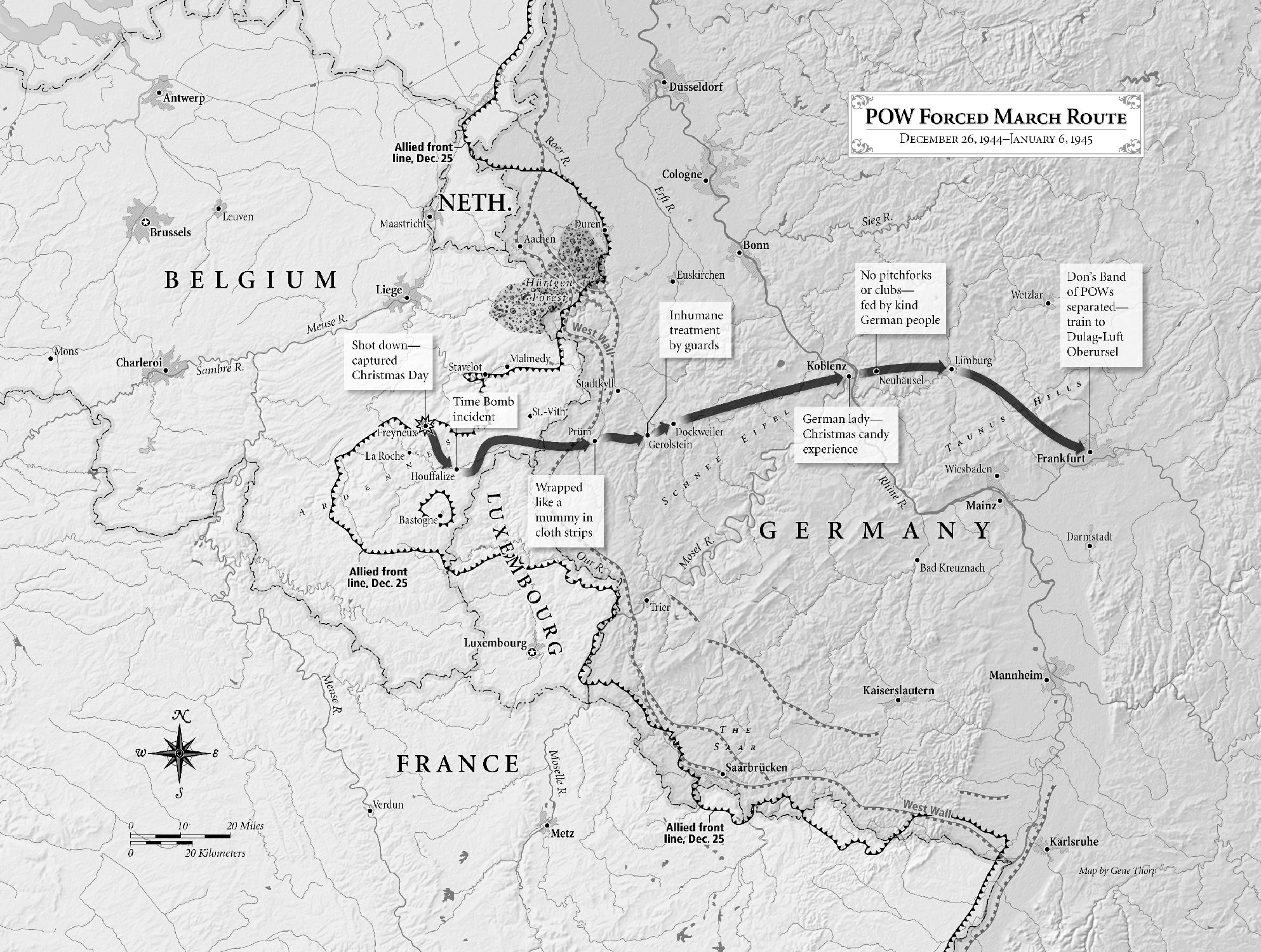
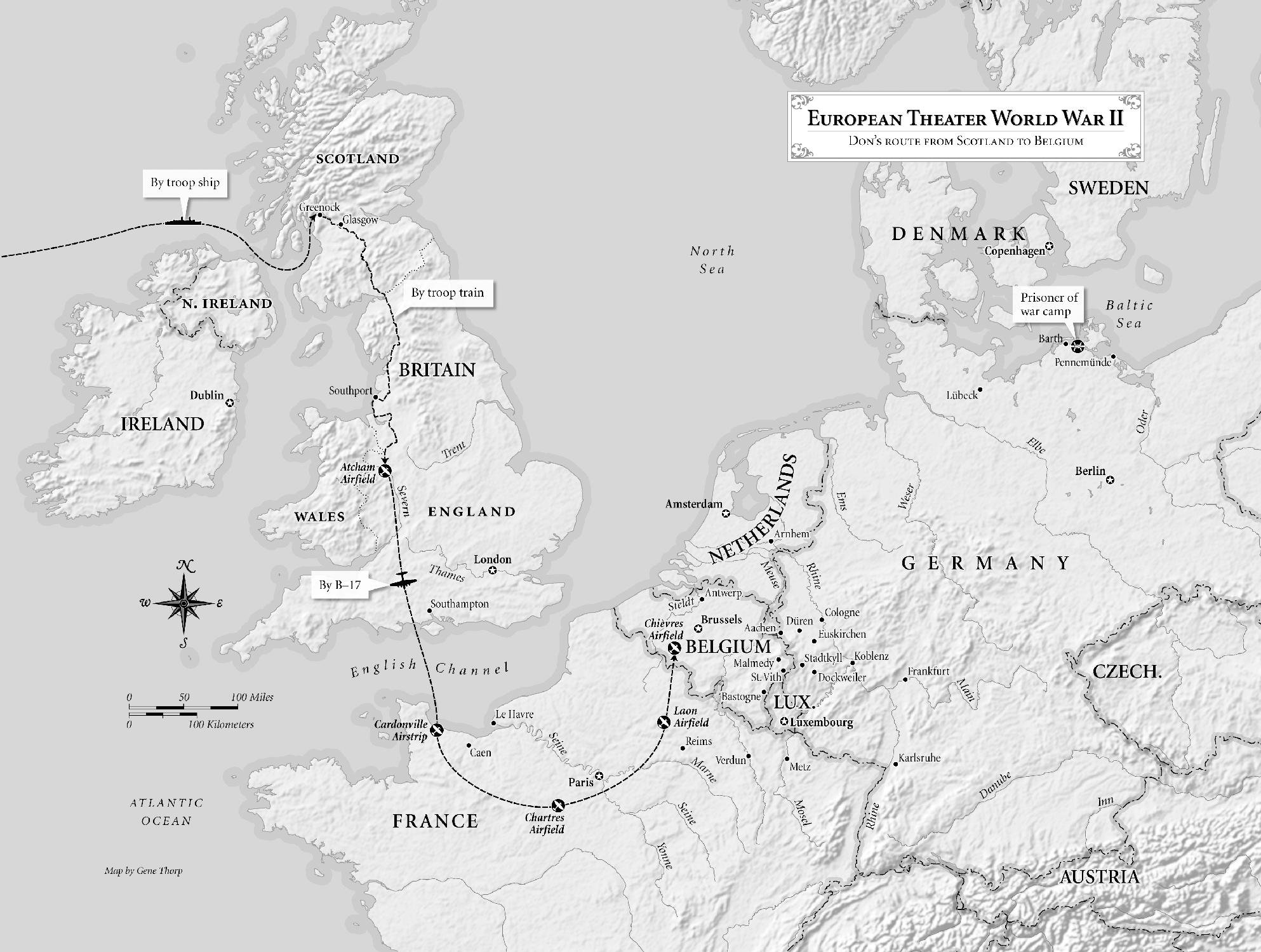
Contents
- Boredom Interrupted by
Periods of Sheer Terror
Introduction
F ound among my fathers memorabilia following his death were a 1941 Bancroft tennis racket (strung with badly frayed catgut), a high-school state singles championship tennis trophy, a diecast metal replica of a P-47 Thunderbolt fighter-bomber, two scrapbooks crammed with photos and narratives, and two shadow boxesone filled with athletic awards, the other with World War II medals and pins.
While looking through the scrapbooks as a teenager, I occasionally cajoled Dad into sharing memories of his formative years in a small Utah farm town during the Great Depression, along with the story about how he met my mother, Laura Jeanne, the love of his life. Using his trademark wit and sarcasm, he always made the stories interesting, never telling them exactly the same way. But I noticed that whenever I asked him questions about his World War II experiences, he quickly grew silent. My mother thought that this reticence grew from a fear that talking about such matters might bring back unwanted, difficult memories.
Near the end of his life, struggling with heart failure, Dad finally faced the demons of his past and began to compile his war memoirs. That Christmas Eve, in an emotional family fireside, he shared the unforgettable story of his Night Before Christmas in 1944, spent huddled under a pine tree in the Ardennes Forest after his fighter plane had been shot down during the Battle of the Bulge. My father remained guarded about what he shared in his memoirs, writing little of the atrocities hed witnessed or the traumatic events hed experienced as a fighter pilot and prisoner of war, choosing instead to take them with him to his grave. And they would have stayed there if my mother hadnt saved every letter he wrote to her during the war, along with two YMCA prisoner of war notebooks and other war memorabilia detailing experiences he was never able to talk or write about otherwise.
After my mother passed away, my sister and I discovered a box containing more than 300 love letters Dad had written to her, beginning when he went away to college up until the time he returned from the war. Also tucked in the box were letters hed written to his parents and a few of the letters Mom had written to him while he was a prisoner of war. Following his death, she reread the boxed-up letters one last time while writing her personal history. Then, believing the love letters were too personal and intimate for anyone else to read, she claimed to have burned them. Nearly all of the letters my mother had written were indeed missing, but apparently, she didnt have the heart to destroy the others. The preserved letters and other source materials enabled me to fill in the missing pieces of my fathers war experiences and tell the rest of his story, much of it in his own words.
My research, interviews, and writing have taken me on a long, meandering journey, filled with serendipitous encounters and events, providing answers every time I hit a dead-end. Studying air cadet flight training and delving deep into the war in Western Europe consumed me. I once joked that I wandered into the Ardennes Forest to research the Battle of the Bulge and didnt find my way back out for nearly six months.
Early in my writing, it became apparent that my fathers life and some of the pilots with whom he served in the 368th Fighter Group of the U.S. Ninth Air Force were so intertwined that their stories needed to be included as well. The pilots nicknamed him and his two best friends The Three Musketeers. His expanded group of buddies were so close they called themselves The Five. Their stories are told using excerpts from their own letters, notebooks, scrapbooks, journals, personal histories, and mission reports, giving me the unique opportunity to glimpse the events Ive written about through the eyes of those who actually lived them, forever changing my life.
My father, Donald N Evans, has been and always will be my hero. His will to overcome nearly insurmountable odds, driven by his desire to reunite with my mother, is inspiring. That he actually did so is a miracle. While his story is one of friendships, courage, and survival, above all else its a love story, with the Great Depression and World War II as a backdrop.
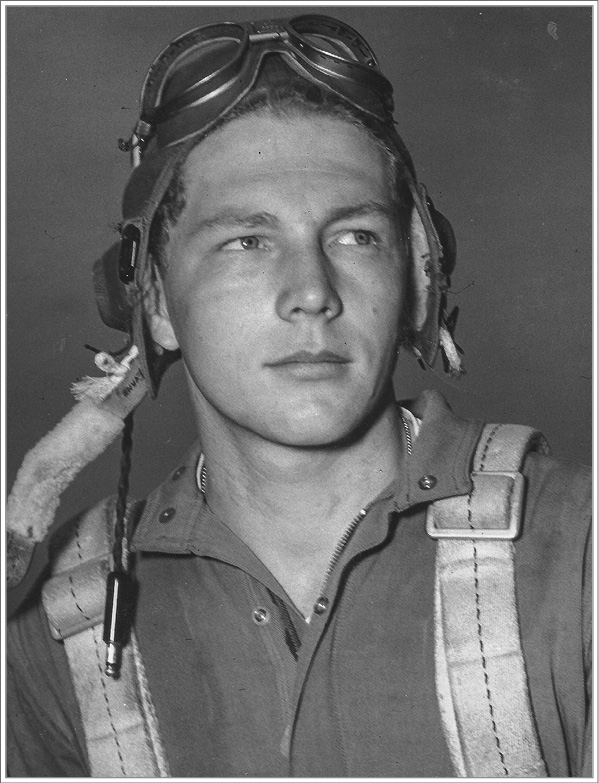
2nd Lt. Donald N Evans
Prologue
December 24, 1944Eastern Belgium
T wenty-one-year-old Air Force 2nd Lt. Donald N Evans carefully placed his knife, compass, C ration tin, and two chocolate candy bars into the deep front pockets of his gabardine flight suit, then strapped on his Colt .45 M1911 semi-automatic pistol. Before pulling on his leather flight jacket, he threw some more coke into the pot-bellied stove to warm up the tent. His half-awake buddies, not scheduled to fly until later that day, thanked him for stoking the fire and wished him luck as he closed the tent flap and walked out into the early morning darkness.
Don entered the makeshift briefing room and took a seat on one of the hard wooden benches, waiting with fifteen other fighter pilots in his squadron to receive final mission instructions before taking off on the days first sortie. He studied the large 10x6-foot map hanging on the wall, focusing on the thumbtacked red ribbon that marked Commands best guess where the fluid front lines were located. It was Day 9 of the Battle of the Bulge, and the new German counteroffensive had the Allies set back on their heels.
While waiting, Don let his mind drift back home, picturing family and friends preparing for the Christmas holiday. He longed to see his wife, Laura Jeanne, again. Separated by war, facing an uncertain future, was a lot for the young newlyweds to handle. His thoughts were abruptly cut short when his commanding officer (CO) entered the room.
Next page
